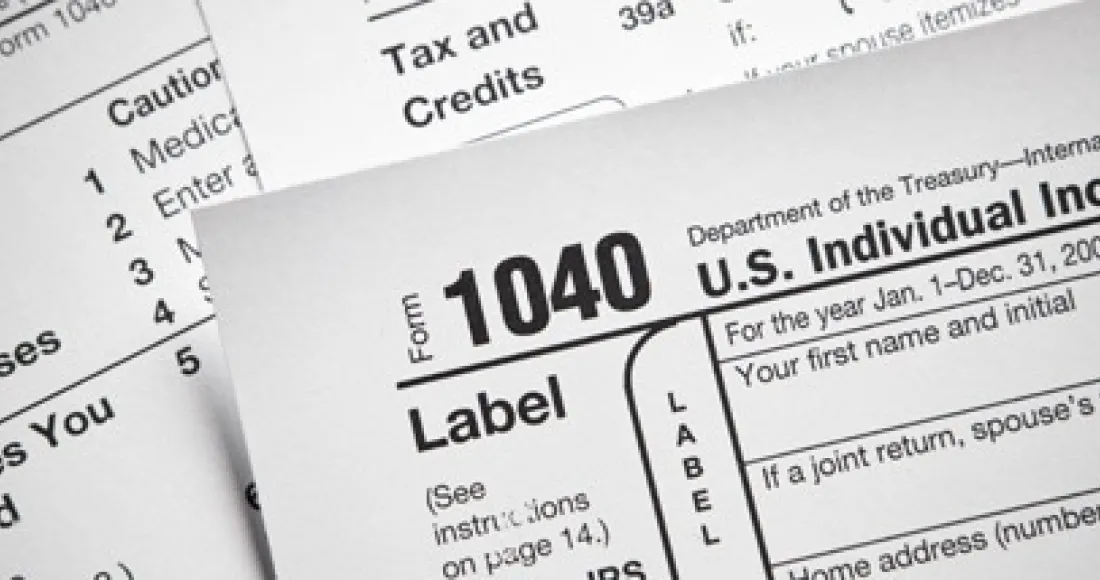
In 2006, Congress revised the way the IRS accepts, investigates and rewards whistleblower claims about tax cheats. While the new program is almost eight years old, it has not been the watershed program that many felt it would become. In a recent annual report, the IRS commissioner outlined several of the program's shortcomings, including:
- long delays in claims resolution
- low total claims paid
- low percentage paid of recovery
- poor outreach
It should be noted, however, the IRS has developed plans to improve these areas. Below are the answers to some frequently asked questions regarding whistleblowers who report tax cheats to the IRS.
In the 2013 fiscal year, there were 9,268 complaints made to the office and 122 awards paid to whistleblowers.
Who can get an award?
The IRS may pay awards to people who provide specific and credible information to the agency if the information results in the collection of taxes, penalties, interest or other amounts from the noncompliant taxpayer. The IRS is looking for solid information, not “educated guesses” or unsupported speculation.
What are the rules for getting an award?
The law provides for two types of awards. If the taxes, penalties, interest and other amounts in dispute exceed $2 million, and a few other qualifications are met, the IRS will pay the whistleblower 15 percent to 30 percent of the amount collected. If the case deals with an individual, his or her annual gross income must be more than $200,000.
What should I do if I know of a tax cheat?
Individuals with information about IRS tax fraud should consult a whistleblower attorney. The specific laws, timing, and computation of damages in these cases require highly experienced counsel.

